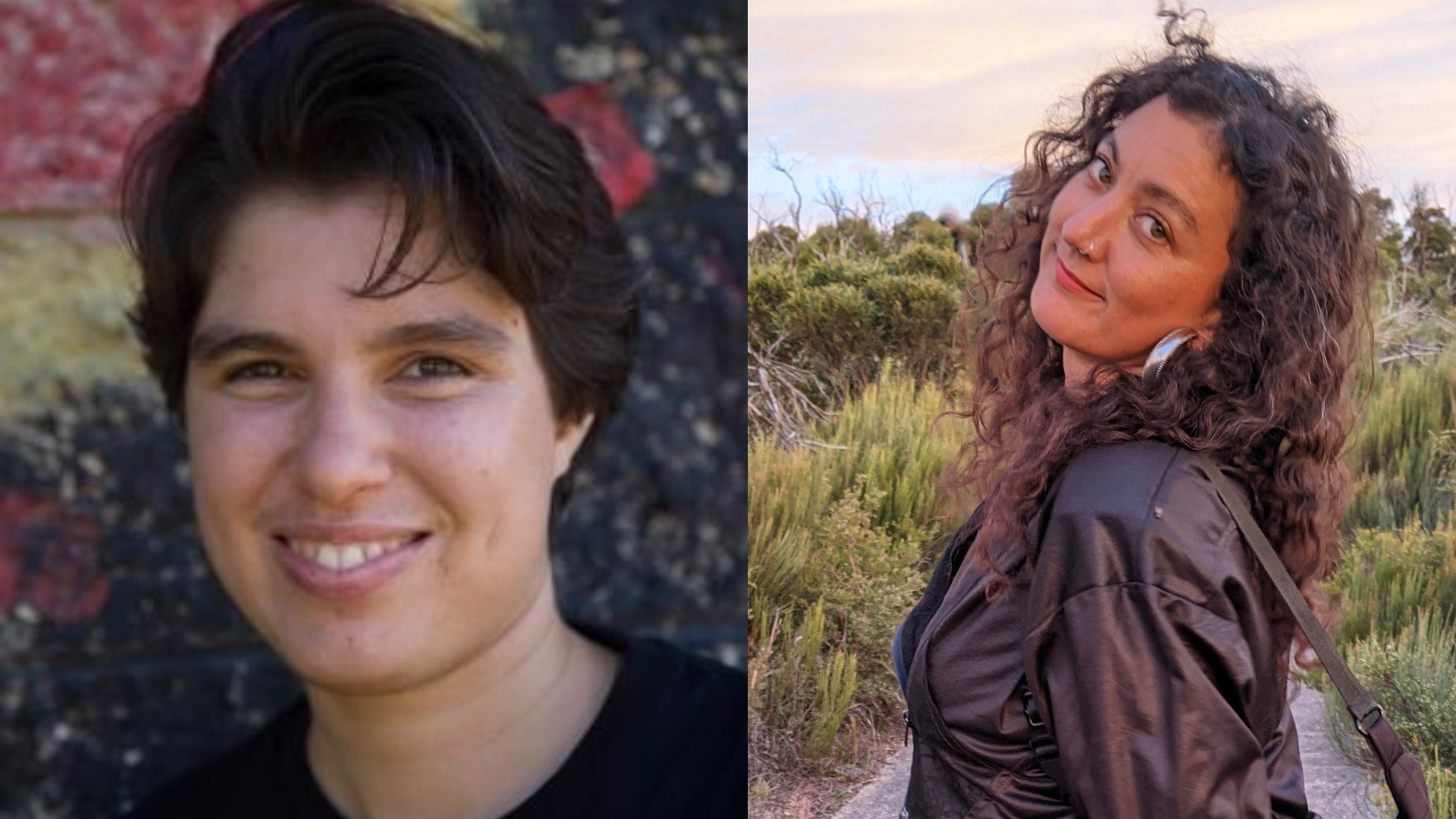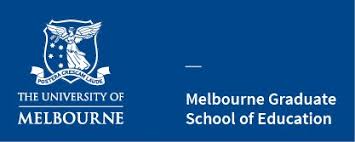Teaching Indigenous literature: Ellen van Neerven and Mykaela Saunders’ top tips

How can teachers engage with Indigenous literature in secondary English classrooms?
In partnership with Melbourne Graduate School of Education, Stella facilitated a series of online seminars with teachers across the country, to ask this question, and investigate how Indigenous literature might be used to engage with themes of climate change in classrooms.
The project used the First Nations speculative fiction anthology, This All Come Back Now (UQP) to support these discussions, and gave teachers the opportunity to ask the anthology’s editor, Mykaela Saunders, and contributor, Ellen van Neerven, about their top tips for teaching Indigenous literature.
Here’s what Mykaela and Ellen had to say:
Teach the width and breadth of First Nations literature. There are so many different First Nations writers writing across different forms and genres, and it is impossible for one text or style to represent all First Nations people, just as you wouldn’t expect one text by a white writer to represent all white people, cultures, and experiences. The greater the range you teach, the greater chance of students finding something they can connect to.
Teach context. First Nations literature (i.e., fiction, poetry) will be better understood when read in conjunction with history, Indigenous studies, and science. The fictional story cannot exist in isolation: it is a product of the history and broad cultural context of the writer.
Teach place. Teach about the places the stories are set, the history, geography, and people of the place. Teach about what is happening in that place now – are there floods, fires, drought? Can that be connected to climate change?
Teach genre, but teach that it is a Western construct, in which First Nations stories often struggle to find a neat place. For example, things that are considered to be speculative or fantasy in fiction, such as timeshifting, ghosts, and magic, are not fictional for First Nations people, they are cultural beliefs. Motifs about alien invasion and war are not fantasy, they are reality. All First Nations stories are already post-apocalyptic, and all are climate fictions.
Teach listening. As well as teaching about the ‘voice’ of a story and who is speaking, consider teaching about the ‘ear’ of a story, and who the intended audience might be. Do students see themselves reflected or centred in the story? Whether yes or no, how does this feel, and is it different to other texts they’ve read?
For teachers’ notes for the anthology This All Come Back Now, or to purchase the text, please see UQP’s website.
Find out more about the Reading Climate project via the Literary Education Lab’s website.

Ellen van Neerven is an award-winning writer of Mununjali Yugambeh (South East Queensland) and Dutch heritage. They write fiction, poetry, plays and non-fiction. Ellen’s first book, Heat and Light, was the recipient of the David Unaipon Award, the Dobbie Literary Award and the NSW Premier’s Literary Awards Indigenous Writers Prize. They have written two poetry collections: Comfort Food, which was shortlisted for the NSW Premier’s Literary Awards Kenneth Slessor Prize; and Throat, which was shortlisted in 2021 for the Queensland Literary Awards and the Victorian Premier’s Literary Awards, and won the Kenneth Slessor Prize for Poetry, the Multicultural NSW Award and Book of the Year in the NSW Premier’s Literary Awards. Ellen also won the Queensland Literary Awards – Queensland Premier’s Young Publishers and Writers Award and the University of Melbourne’s Australian Centre Literary Awards – Peter Blazey Fellowship in 2019.

Dr Mykaela Saunders is a Koori/Goori and Lebanese writer and teacher, and the editor of This All Come Back Now, the world’s first anthology of Blackfella speculative fiction (UQP, 2022). Mykaela won the 2022 David Unaipon Award for her manuscript Always Will Be: stories of Goori sovereignty from the future(s) of the Tweed, forthcoming with UQP in 2023. Her novel Last Rites of Spring was also shortlisted for the Unaipon Award in 2020, and received a Next Chapter Fellowship in 2021. Mykaela has won prizes for short fiction, poetry, life writing and research, including the Elizabeth Jolley Short Story Prize and the Oodgeroo Noonuccal Indigenous Poetry Prize.





